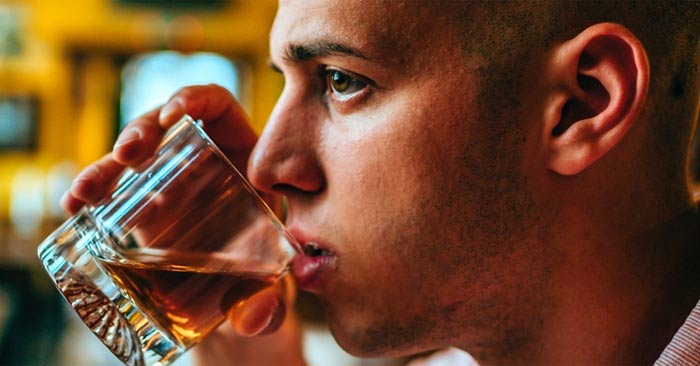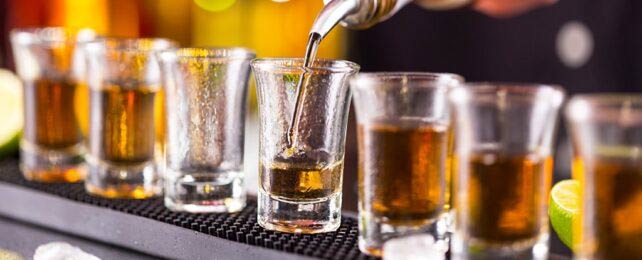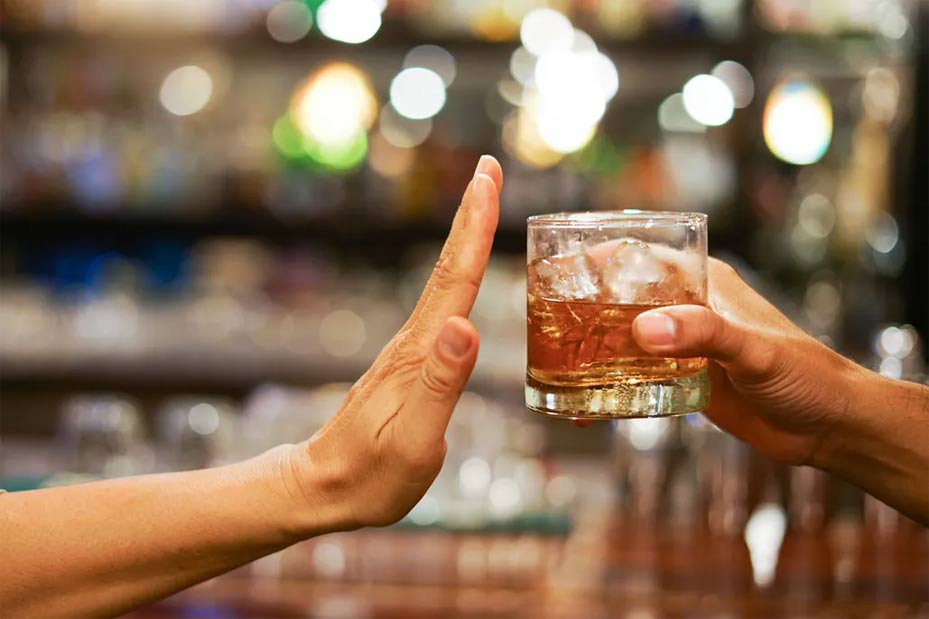Why shouldn't you drink alcohol when injured?
Rest, rehabilitation, and patience are the cornerstones of injury recovery. But is quitting drinking important to recovery?

While this may seem extreme, recent research shows that even small amounts of alcohol can disrupt the recovery process and slow healing. Specifically, the effects of drinking alcohol while injured include:
Disruption of immune function
Alcohol disrupts the ability of immune cells to reach and repair injured tissue – slowing the regeneration of healthy muscles, tendons and ligaments. This slows the process of clearing damaged cells and also prolongs inflammation and tenderness, which in turn slows down the repair process.
The effects of heavy drinking (more than four or five drinks at a time) on the immune system can leave the body vulnerable to infection and delay the healing process for about three to five days afterward. Even moderate drinking (one to three drinks at a time) slows tissue repair and prolongs swelling and pain in the injured area.
Interfere with muscle regeneration
Muscle protein synthesis – the process of repairing and rebuilding muscles – is reduced within 24 to 48 hours after even moderate alcohol consumption. In one study, muscle protein synthesis was shown to decrease by 24–37% after alcohol consumption.
When this process is impaired, muscle regeneration slows down. This leads to persistent muscle weakness, soreness, and increased susceptibility to injury.

Delayed bone and tissue healing
When bones, ligaments, tendons and muscles are damaged, signals from the injured tissue trigger a natural healing process. But alcohol disrupts these signaling pathways and interferes with the body's natural healing mechanisms, slowing down the healing process and increasing swelling & scarring in the injured tissue.
Heavy drinking can prolong healing time from broken bones by one to two weeks and recovery time from sprains and strains by two to three weeks.
Disrupting hormonal balance
Hormones are chemical messengers that coordinate many of the body's healing processes – including tissue repair, inflammation, and muscle growth. Two particularly helpful healing hormones are testosterone and growth hormone. Both help rebuild muscle and other connective tissue after injury.
Alcohol reduces circulating levels of these hormones and reduces the body's ability to repair damaged tissue. At the same time, alcohol increases levels of cortisol, the body's primary stress hormone. Elevated cortisol levels make the brain believe there is an immediate threat. The brain then seeks to mobilize available energy to prepare for a "fight" or "flight" response.
The surge in cortisol increases the body's ability to produce energy by diverting it from other bodily functions—such as injury recovery. Cortisol also promotes the breakdown of healthy tissue (especially muscle) into simpler substances that can be quickly converted into energy. This imbalance can persist for days after drinking and significantly slows tissue repair.

Increased risk of re-injury
Clear communication between the brain and body is essential for smooth, precise, and coordinated movement. But alcohol interferes with this communication.
As a result, coordination, balance, and reaction time are all greatly reduced. Minor movement deficits caused by moderate drinking can persist for days afterward. These deficits increase the risk of movement errors and re-injury to already vulnerable tissues.
With all the reasons above, you must have known why you should not drink alcohol when injured. Having health is having everything. Therefore, no matter how much you like it, you should limit this drink when your body is injured so that your health can recover as quickly as possible.
You should read it
- ★ Alcohol contains 13 essential minerals for the body and 10 facts about beer and alcohol that you don't know
- ★ The secret of refusing to drink alcohol
- ★ Things not to do after drinking alcohol, especially during Tet
- ★ Tips to help you get rid of alcohol quickly and effectively
- ★ 10 ways to solve alcohol are simple but extremely effective